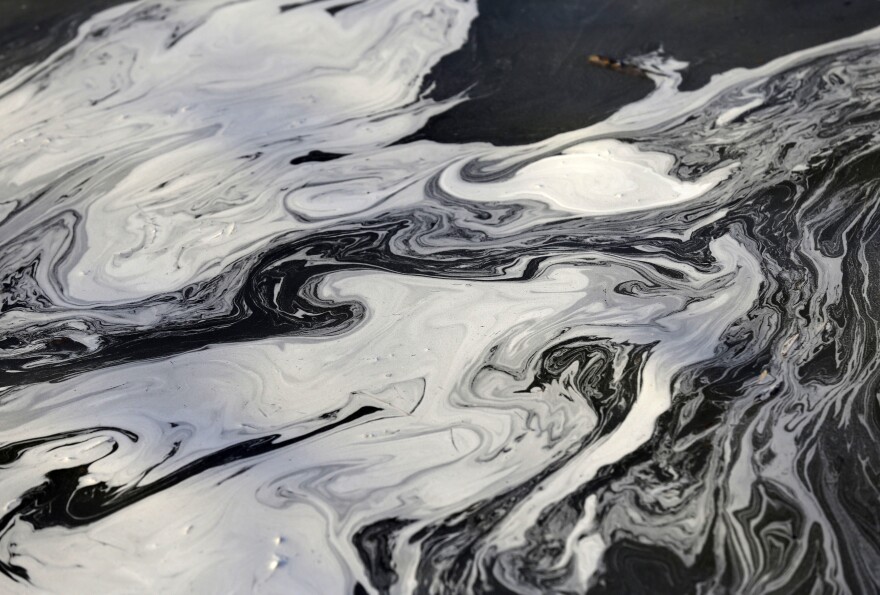Utah is home to the 9th worst coal ash contamination site in the country. That’s according to a new report from Earthjustice and the Environmental Integrity Project.
The report claims groundwater around PacifiCorp’s Hunter Power Plant near Castle Dale, Utah, is polluted with unsafe levels of lithium and cobalt. That water pollution, according to Earthjustice and the Environmental Integrity Project, comes from a coal ash landfill and pond that does not comply with the Environmental Protection Agency’s 2015 Coal Ash Rule.
That rule put regulations in place to close leaking ponds and landfills, monitor and clean the groundwater around coal ash disposal sites, and restore the environment around them.
Abel Russ, Senior Attorney with the Environmental Integrity Project, says this plant is not an outlier in their report.
“91% of the coal plants are contaminated. That's virtually all of them. Out of all the ones in the country, we found one that looks like it might be okay. Everything else seems to have a problem, it might be a minor problem, it might be a huge problem, but there's noncompliance everywhere you look,” he said.
They found sites in every state that were not in compliance with the rule, including an additional three sites in Utah. Russ says coal plants have been able to get around the EPA rules for years with ineffective plans that only address part of the problem.
“You can see places where, for example, they're doing something to treat water, but you're not really dealing with the source of the contamination. In some cases, they're doing the opposite. They're doing the source control part, they're dealing with the ash, but they're not treating the groundwater,” Russ said.
Once coal ash pollution enters the water system it is nearly impossible to track.
“It gets into a stream or a creek or lake and it's gone. It's still in the environment, but it's gone past the point where you can collect it. So it's in the food chain or it's in a stream and it's affecting aquatic life or it's in somebody's residential well,” he said.
While the EPA has begun addressing non-compliance with the rule in recent months, this report makes it clear that pollution from coal ash could continue to impact groundwater for hundreds of years into the future.



